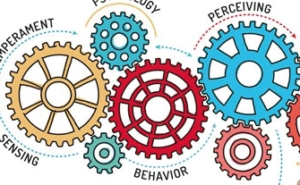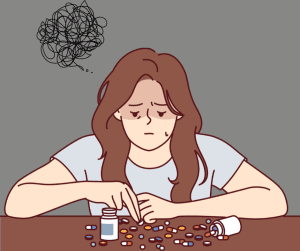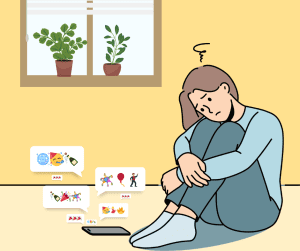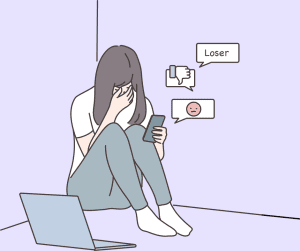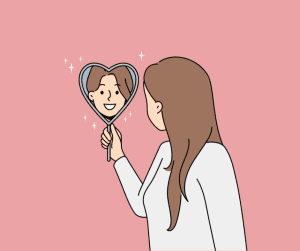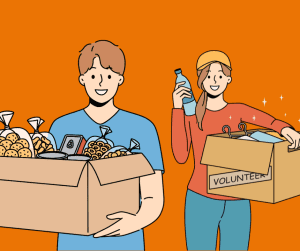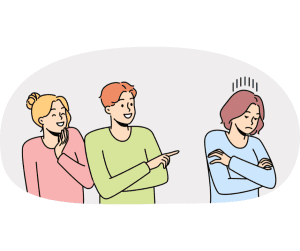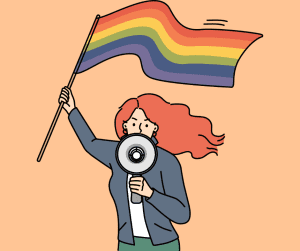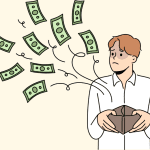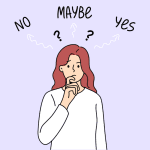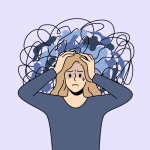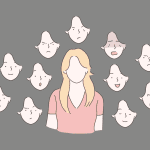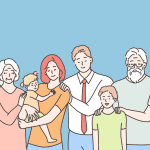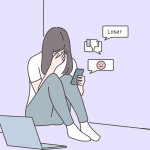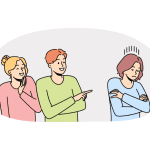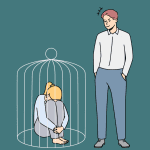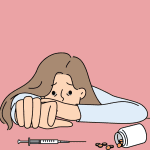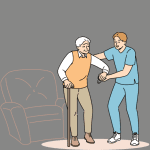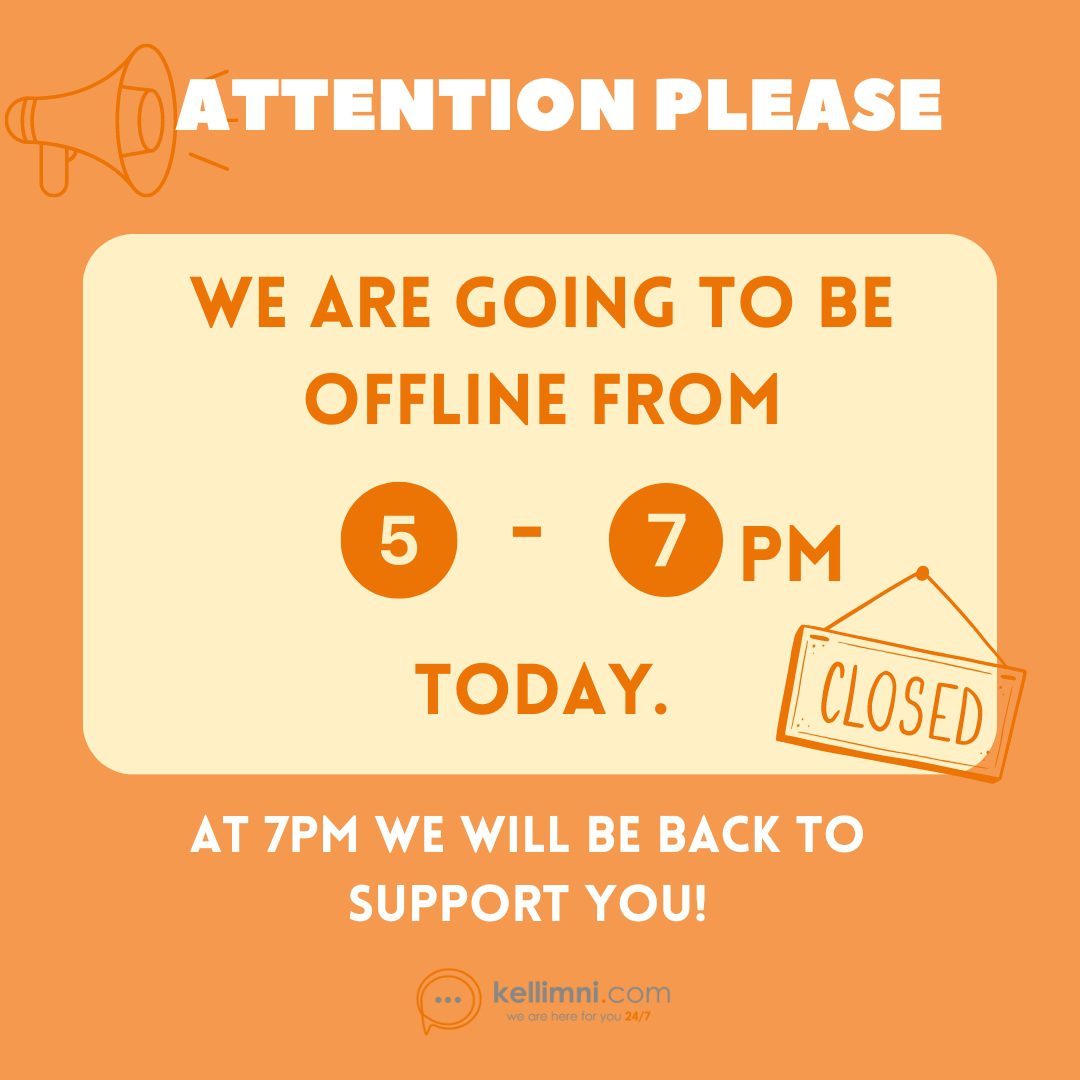What is a toxic relationship?
Any relationship that makes one or both individuals involved feel unsupported, misunderstood, demeaned or attacked. A toxic relationship can threaten one’s emotional, psychological and/or physical well-being. Toxic relationships don’t only appear in the romantic context. Relationships in families, friendships, or even at the workplace can be toxic.
How do you know your partner is toxic to you:
Overall you can say that any relationship that makes you feel worse than you felt before the start of that relationship is unhealthy for you.
However, some warning signs can make you realise that your relationship is toxic:
- You give more than you get back. You put more effort, energy and maybe even money into the relationship than your partner does.
- The other person does not try to understand, support or respect you.
- After talking to or being with the person you feel depressed, angry or tired.
- You bring out the worst in each other. You like yourself less when being with them.
- You feel like you have to walk on eggshells around this person because you have to be scared of outbursts
- When something is wrong they turn it around to make it look like it is your fault.
- There is either physical or verbal abuse involved (have a look at our Instagram highlight on abuse)
What do you do when you are in a toxic relationship?
- Talk to the other person and tell them how you feel. Try to send “I feel statements” so they won’t get angry and think that you are blaming everything on them. An example would be: “I feel like you don’t support me the way I wish to be supported by my partner.”
- Re-evaluate the relationship. Could this person be a danger to your self-esteem and overall mental health?
Make a decision. Is it possible to work on the relationship and create a healthy environment together? If you still have hope in the relationship you should try to find a relationship therapist. If you feel like your partner doesn’t want to change and the dynamics in the relationship will stay the same, try to leave the relationship. If you decide to break up with your toxic partner, choose a public place for the talk and tell someone you trust when and where it will happen so that they can help you in case the toxic person wants to harm you. If they threaten you, call 179.
How to tell you are toxic for your partner:
It is always easier to blame issues in a relationship on the other party but in every interpersonal connection, it is important to question your behavior too.
Maybe you are the toxic part.
Being aware of your flaws is the first step to changing.
So here are 6 signs that your behaviour creates unhealthy patterns in a relationship.
- You lie or hide information from others or try to make them question their judgment.
- You try to control and dominate others. You often demand things from them and always want things to go your way.
- You threaten the other person to leave them if they don’t act according to your demands. We call this emotional blackmail.
- You don’t give the other person their own space.
- The relationship is all about you. You put your own needs above theirs and they cannot come to you to find support
- You never take responsibility when things go wrong and blame the other person.
What to do when you feel like you are being toxic for someone else:
- Listen to your partner and take their needs seriously. You are both equal parts of the relationship.
- When you are getting angry with the other person, step back, breathe and calm down before saying things that could hurt or intimidate them.
- Adhere to the other’s boundaries and don’t overtake their space.
- Make an effort to ensure your partner feels emotionally taken care of by you.
- When there is a conflict or a fight don’t blame everything on the other person. Question yourself first. What could you do better? Try to understand your partner’s point of view.
- Remember that threats and ultimatums can never be part of a healthy relationship.
If you feel like you cannot change those behavioural patterns on your own, maybe consult a therapist who can help you to question and change your behaviour.
